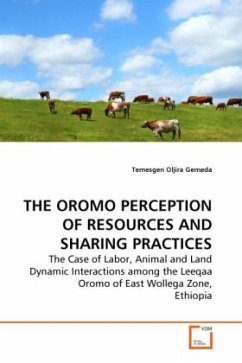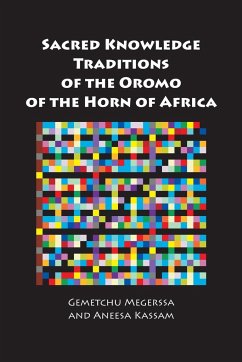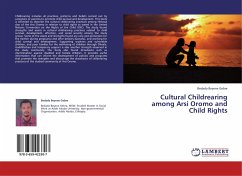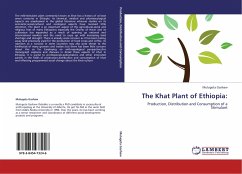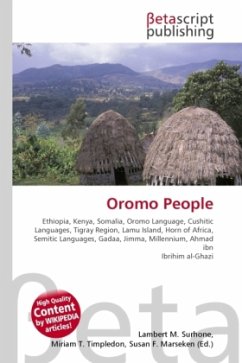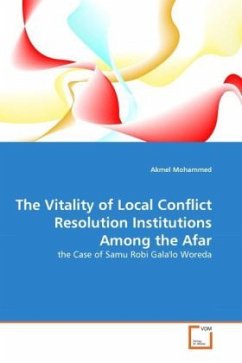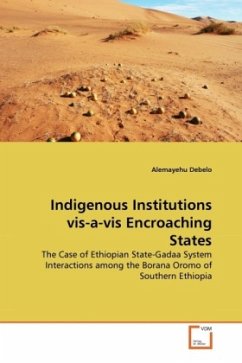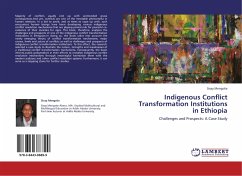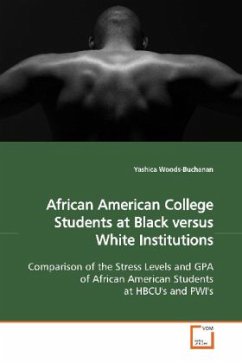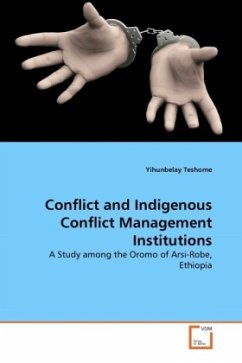
Conflict and Indigenous Conflict Management Institutions
A Study among the Oromo of Arsi-Robe, Ethiopia
Versandkostenfrei!
Versandfertig in 6-10 Tagen
45,99 €
inkl. MwSt.

PAYBACK Punkte
23 °P sammeln!
The indigenous conflict management institutions have been established and institutionalized since ancient times. Today, there is a great interest to exploit variety of indigenous and customary codes to manage conflicts. Besides to the little attention given by the proponents of the modern legal systems, there are no adequate literatures about local institutions that deal with intra-ethnic conflicts as compared to inter-ethnic conflicts.Therefore, in this book,efforts have been made to explore the role of indigenous conflict management institutions that were/are employed to manage intra-ethnic ...
The indigenous conflict management institutions have been established and institutionalized since ancient times. Today, there is a great interest to exploit variety of indigenous and customary codes to manage conflicts. Besides to the little attention given by the proponents of the modern legal systems, there are no adequate literatures about local institutions that deal with intra-ethnic conflicts as compared to inter-ethnic conflicts.Therefore, in this book,efforts have been made to explore the role of indigenous conflict management institutions that were/are employed to manage intra-ethnic conflicts among the Oromo of Arsi-Robe, Ethiopia. Eventhough the Gadaa system have failed to function effectively, its values continued to breathe after being blended with the institutions like, Cult center, Jaarsumaa, Sinqee and Gumaa to bring peace. The book also reveals the values, processes, and procedures used in the indigenous conflict management institutions. This book would serve as a springboard for different organs to exploit the advantages of the local knowledge. It could also help peace researchers as a reference to explore the least studied areas of indigenous knowledge.




